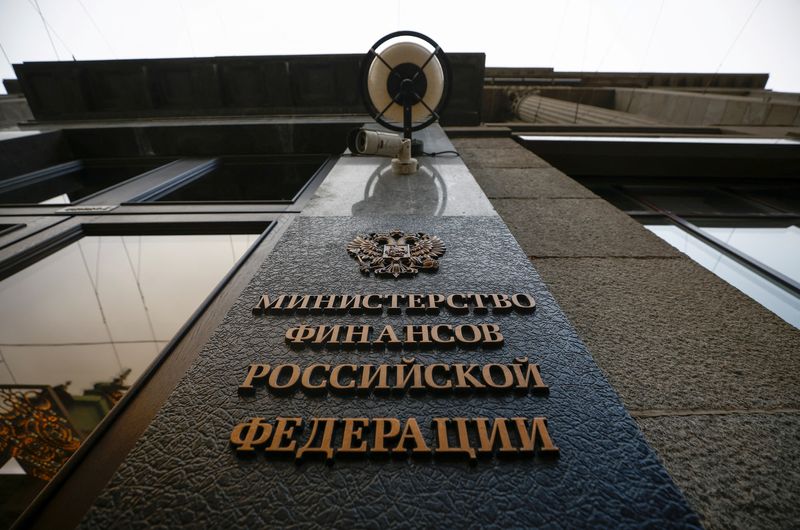Investing.com’s stocks of the week
MOSCOW (Reuters) - Foreign investors from "unfriendly" countries selling assets in Russia will be obliged to donate at least 10% of the sale price to the Russian budget, making life even harder for Western companies leaving Russia over the conflict in Ukraine.
Departing firms are already being forced to sell their Russian operations at huge discounts, with several selling for a nominal fee and many incurring large write-downs, although some have added buyback clauses that could one day let them return.
According to a note published on the Finance Ministry's website late on Monday, the government commission that monitors foreign investment updated the requirements for asset sales involving foreigners from countries that have imposed sanctions against Russia, which Moscow labels "unfriendly".
The ruling included "an obligation to make a voluntary cash contribution to the federal budget of at least 10% of half of the market value of the relevant assets, as indicated in the asset valuation report".
Measures introduced in late December stipulated that asset sales are permitted only provided a 50% discount is given to the buyer following an independent valuation.
Sellers were previously permitted to choose between paying 10% of the overall transaction value to Russia's federal budget immediately, or paying in instalments over one to two years. That choice has now been withdrawn.
A bill that would have enabled authorities to seize Western assets did not make it through parliament last summer.
But a decree signed by President Vladimir Putin on Aug. 5 banned investors from "unfriendly" countries from selling shares in the most significant and transferable investments - key energy projects and banks - unless Putin issued a waiver.
